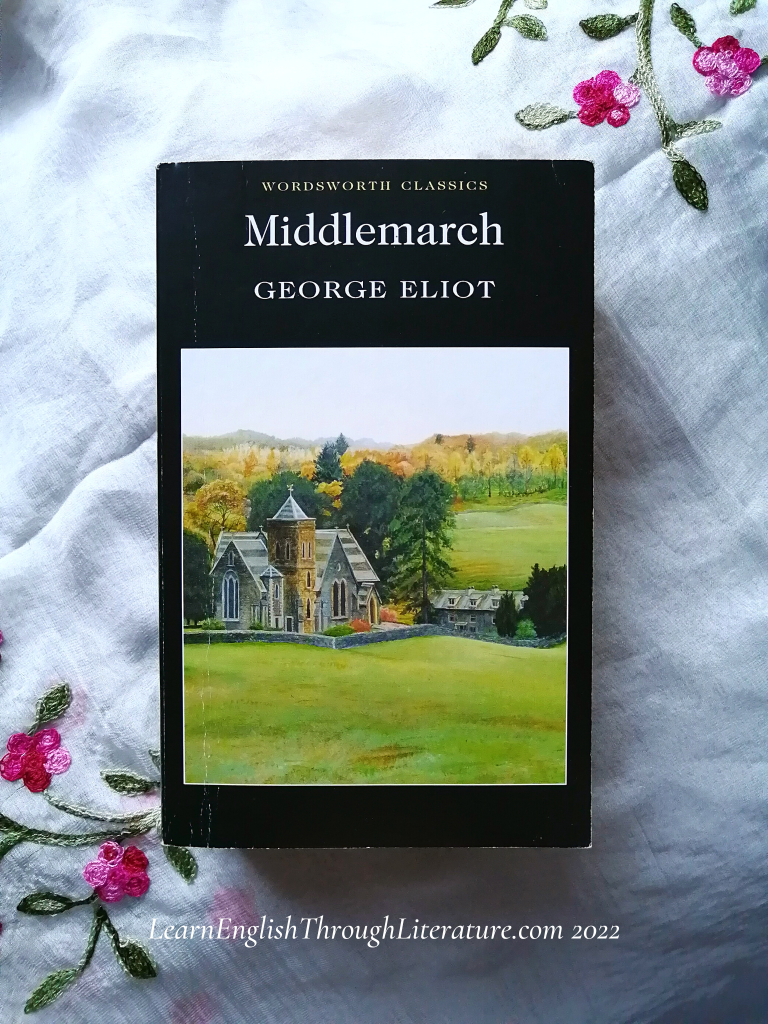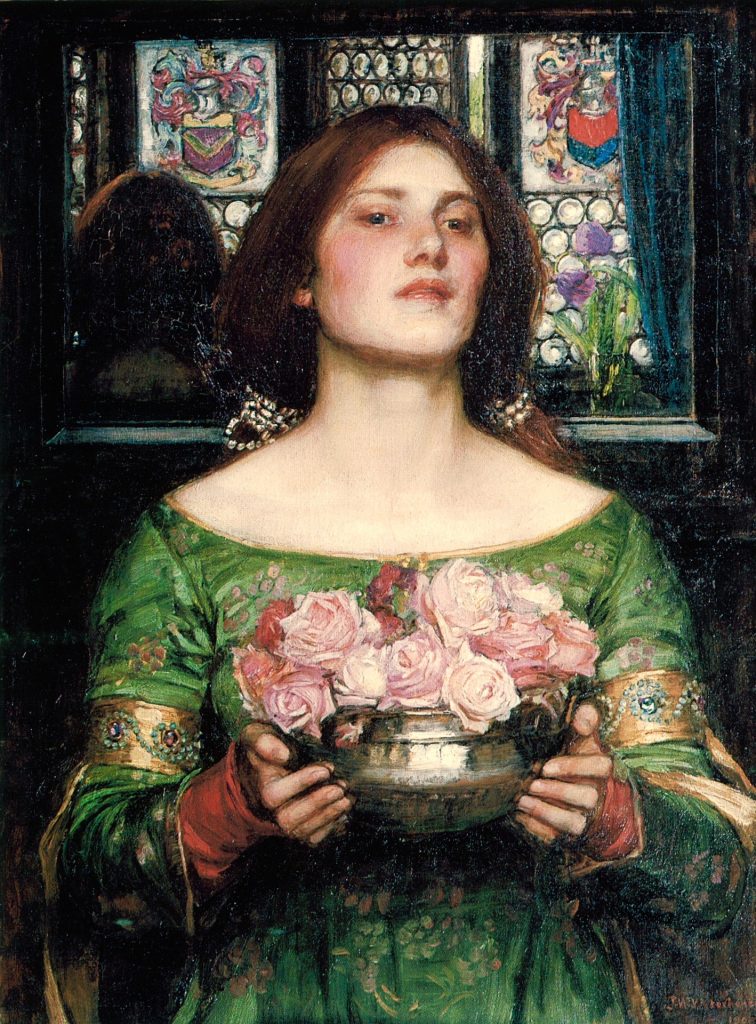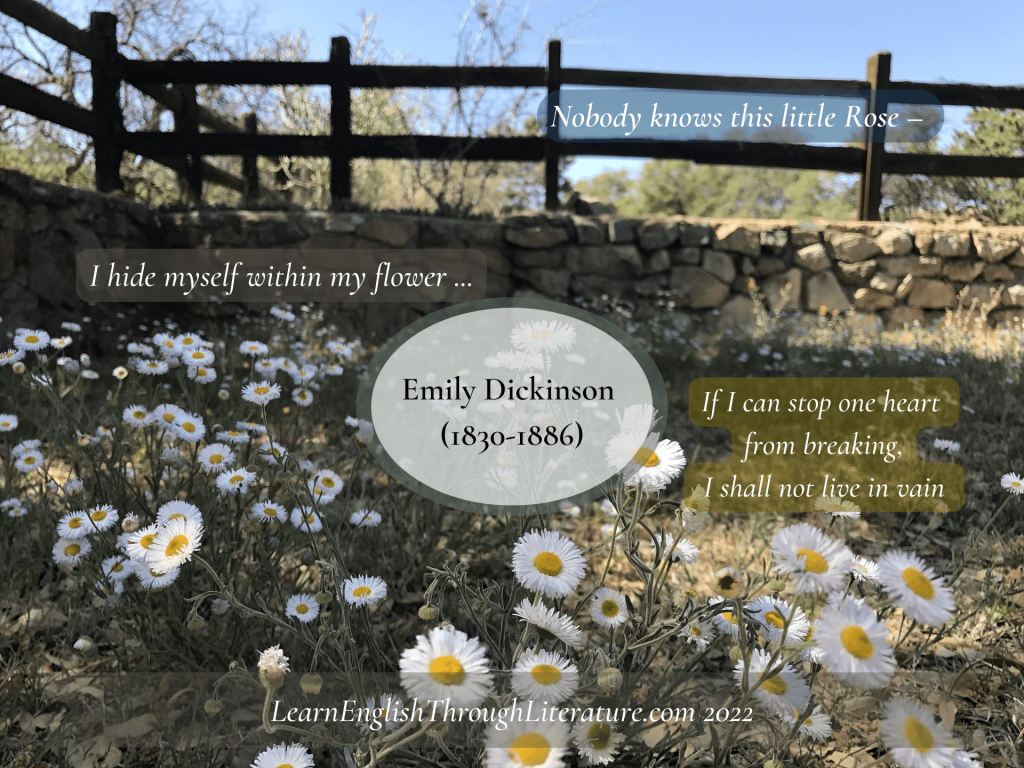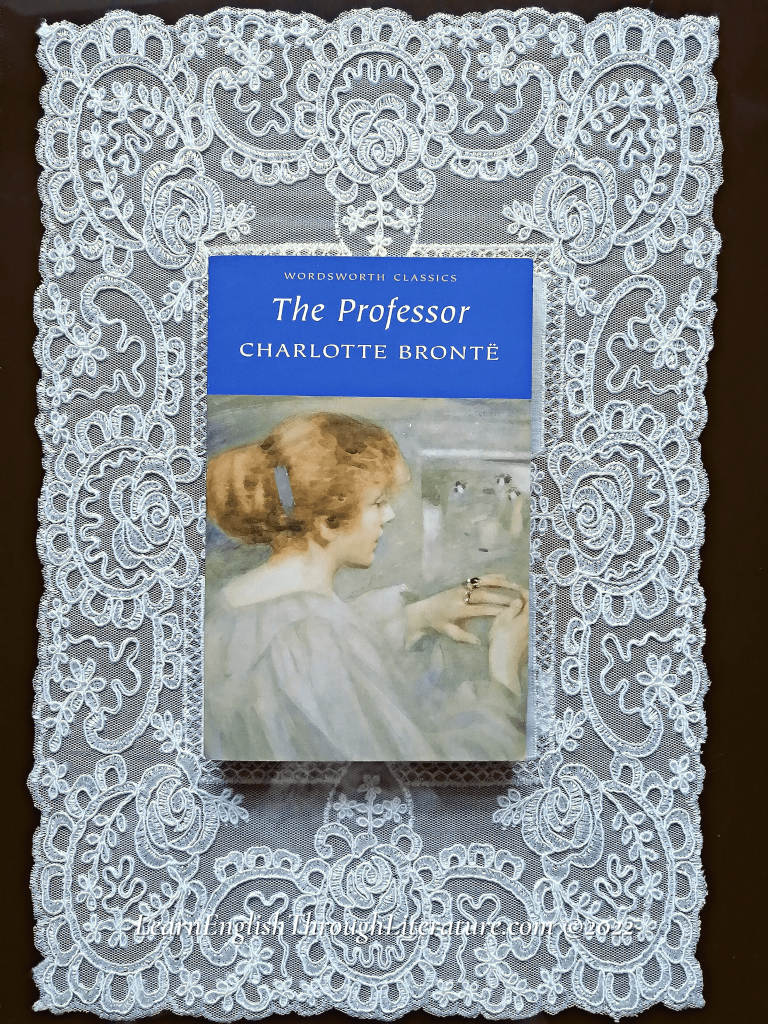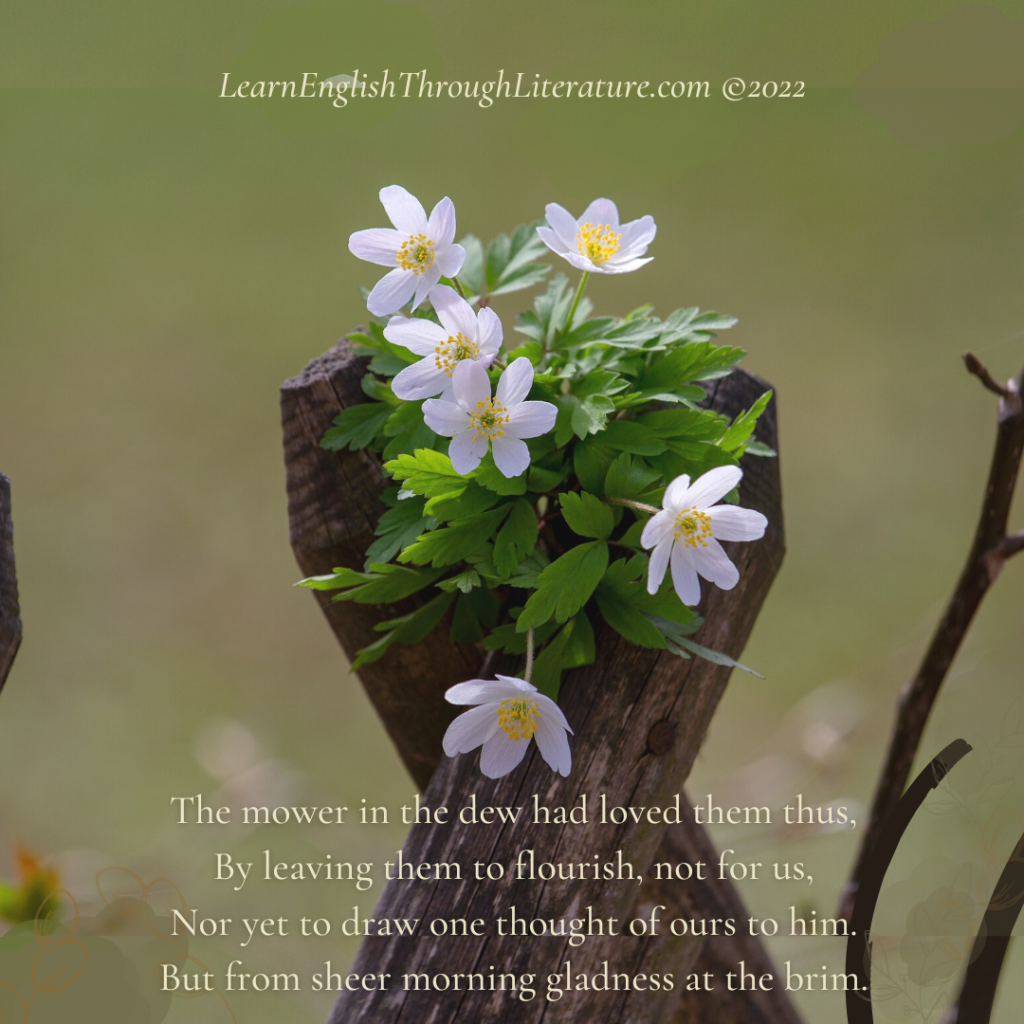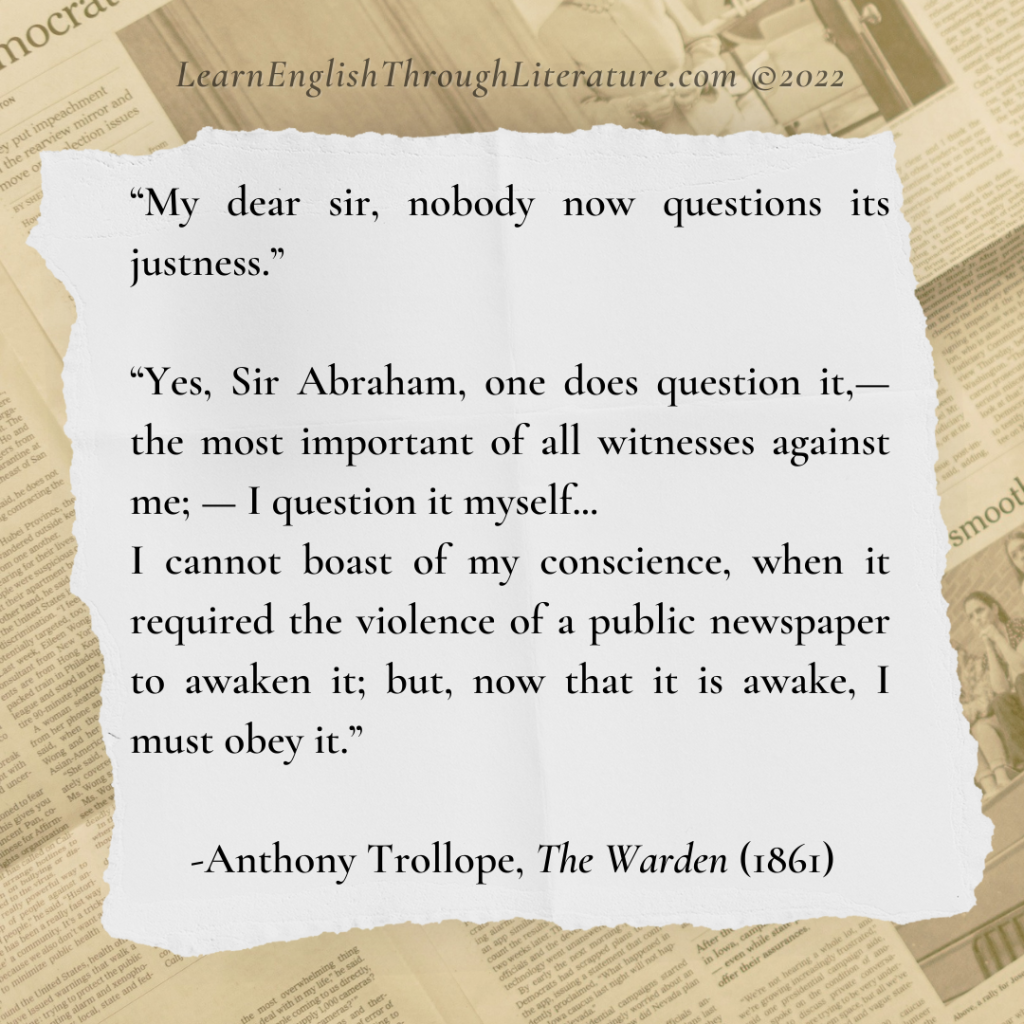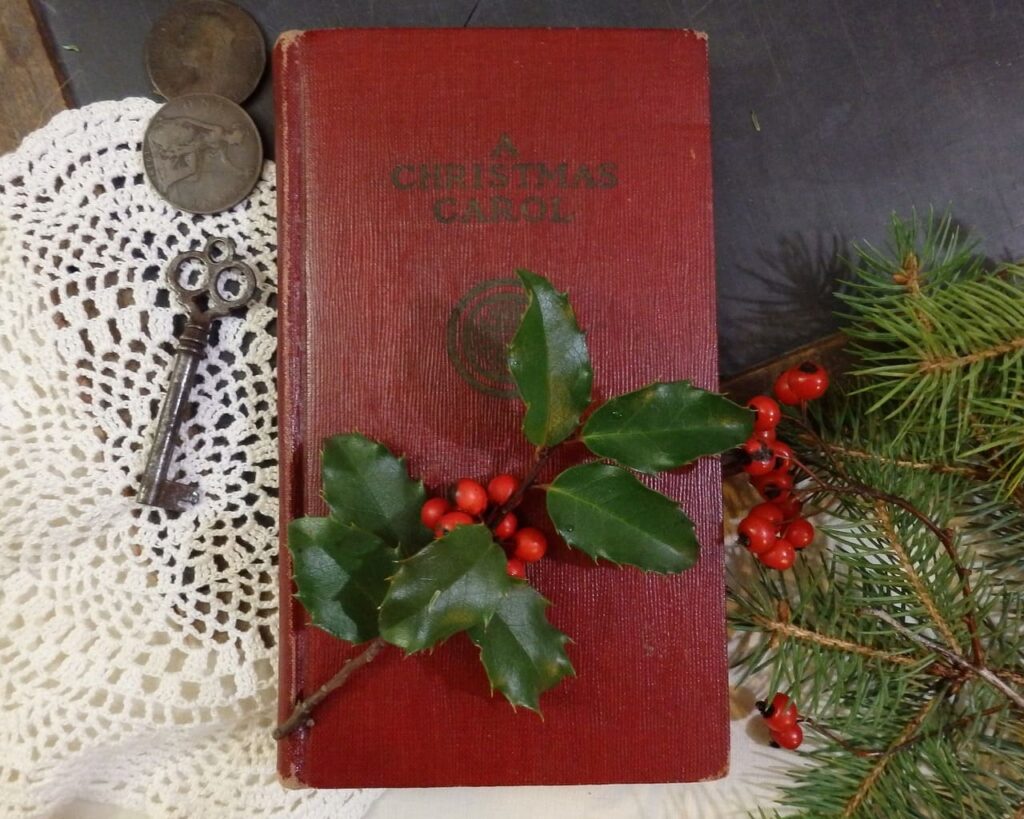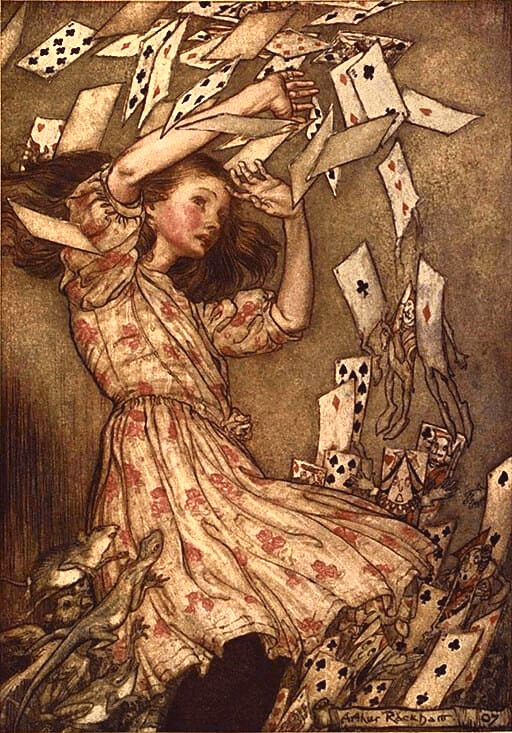Lesson #289: Describing Memories Using The Simple Past Tense (‘David Copperfield’ by Charles Dickens)
On these beautiful long summer evenings, I often go for walks to admire the sunset. It is at these moments that I occasionally get nostalgia (remembering with fondness something that is past). I remember significant influences in my life – people I met and places I have been to – whenever I look at the […]



